Subgrantee Group
Cooperation, Cohesion and Leadership in (new) atheism: using “science vs religion” narratives as an adaptive tool for meaning making
Principal Investigator: Carola Leicht, University of Kent
This project proposes an evolutionary psychological approach to investigate whether the conflict narrative between science and religion is a meaning system for individuals who identify with atheism as a form of (non)belief. I postulate that the conflict narrative between science and religion serves as a unifying meaning system, facilitating intra-group processes such as social identification, cohesion and cooperating (Ysseldyk et al., 2010) and consequently provides a competitive advantage for atheism as a form of (non)belief in a plural (non)religious landscape.
Atheism has existed across time and cultures, and serves an evolutionary function (Wilson, 2010; Johnson, 2012).However, prominent (predominantly male) scientific leaders proudly stating that their atheistic identity is a logical conclusion of scientific education, scientific thinking and scientific progress, is a recent but successful way of attracting identification with (new) atheism (Dawkins, 2006; Dennett, 2006; Pigliucci, 2013). Coupled with secularisation thesis narratives, discourse surrounding new atheism has reemphasised perceptions of a link between atheism identify formation and the science versus religion ‘conflict narratives.
Using a mixed method approach I will explore whether conceptualising the conflict narrative between science and religion as a meaning system would provide a unique understanding about the evolutionary social psychological functions that this narrative provides to facilitate group behaviour and secure competitiveness. If so, the conflict narrative should foster cohesion and cooperation amongst atheist individuals, atheist leadership emergence should follow evolutionary theories of leadership, and declaring support for the conflict narrative should affect sexual attraction in cultural contexts that value science (c.f. Nettle, 2006).

